Antonio Polo is a Catholic priest and missionary who has spent over 50 years organizing and creating co-ops in the village of Salinas, Ecuador.
His work, alongside that of the villagers, has pulled Salinas out of poverty, providing jobs and comfortable lives for thousands of families who—had it not been for the arrival of Antonio—would likely still be at the mercy of their landlords.
But as an Italian native, how did Antonio find himself in Ecuador? And what led to his becoming a priest?
What Made Antonio Polo Want to Become a Priest?
Antonio was born in March of 1939 in Venice, Italy. Only months after his birth, World War II began, and in an effort to escape the reign of dictator Benito Mussolini, his family was forced to relocate to a nearby island.
Here, his uncle was a well-known priest. Antonio’s admiration for his uncle was a major factor in his decision to become a priest himself. He loved that even in adulthood, priests still had an adventurous spirit, a great contrast to most of the other adults in his life. His father, for instance, was stern and seemed to always be working.
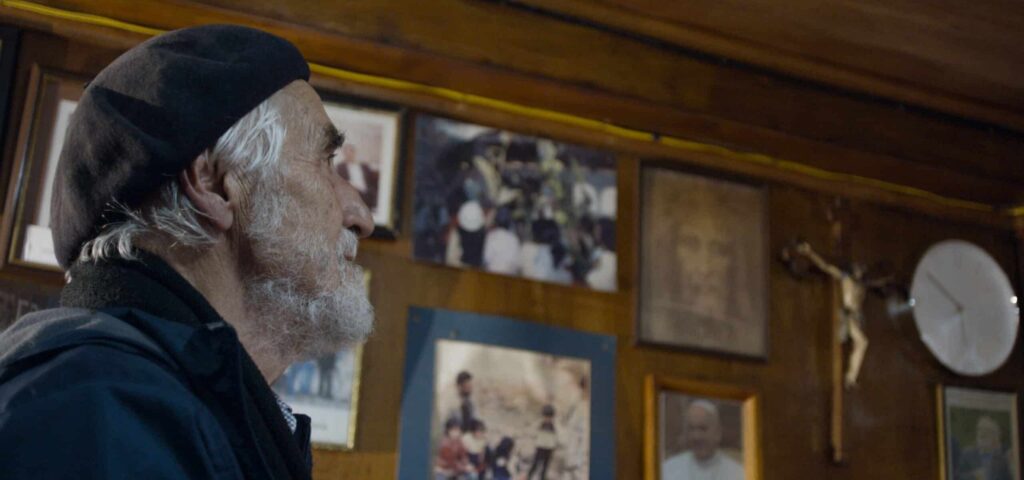
In early adulthood, Antonio saw his dream come true: He became a priest. Still, there was more he wanted to do. He felt that missionary work would allow him the opportunity to help the largest number of people. When Monsignor Rada told Antonio that a priest was needed for a four-month mission in Salinas, Ecuador, he jumped on the opportunity.
What Was Salinas, Ecuador Like When Antonio Polo Arrived?
Upon arrival, Antonio noticed immediately that Salinas was a village in need. Conditions were dire: With the exception of the landlords, the entire village was impoverished.
There was a lack of food, electricity, water, or healthcare. And everyone lived in a straw shack. What was most sad was the fact that 45% of Salinas’s children passed away before the age of five.
But what was keeping the villagers from rising above their unfortunate circumstances? Put most simply, they did not yet know how to organize. This is where Antonio came in.
Antonio Polo on Why Conditions in Salinas Were Harsh for Villagers
In 1970, Salinas’s problems stemmed from two huge factors, the first being that the town’s primary resource was its abundance of salt, something that was becoming less profitable due to the cheapening of the mineral (table salt had by then become an everyday item).
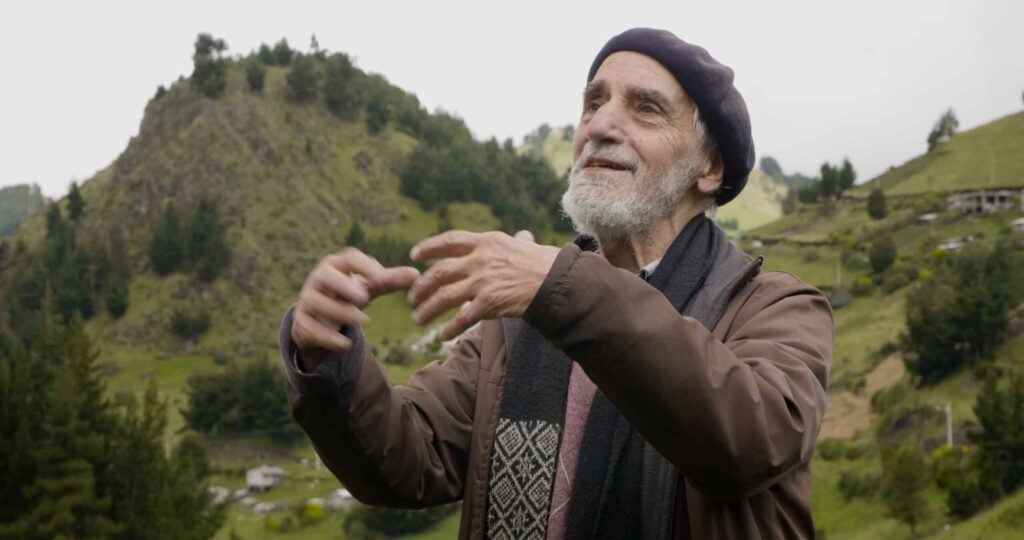
The other reason, and perhaps the most primary, for the village’s poverty was the fact that the landlords were abusing their power, hiking up rent in times of unemployment, all while not providing basic amenities needed to live (hence the low survival rates of Salinas’s children).
How Did Antonio Polo Aid the Town of Salinas?
Antonio founded the Cooperative Society, an organization of villagers working for the good of the community. They discovered that, legally, the town’s salt did not belong to the landlords but was owned by whoever organized to extract it. The realization that the residents owned Salinas’s greatest resource was the first step towards liberation.
Of course, even with the villagers now directly profiting off of the salt mines, more work needed to be done. (As said, the salt industry was in decline.) Antonio had the brilliant idea of starting a company called Salinerito, which sold cheeses.
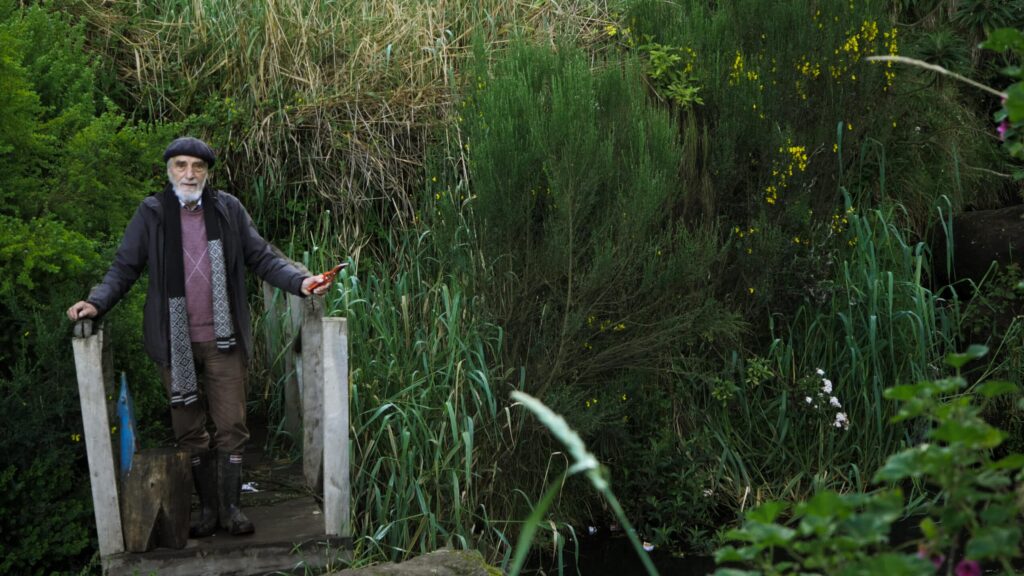
Many of the townspeople already had experience making cheese for the landlords. With a bit of learning, they were soon making cheeses worthy of being sold in Quito, Ecuador’s largest city.
Fast forward to today, and Salinerito is sold in Ecuador, Spain, France, Italy, and even Japan. Its products have expanded beyond just cheeses as well; the company sells meat, medicinal herbs, and chocolates.
Because of Antonio’s organization of the villagers, thousands of families were brought out of poverty. However, Antonio does not take sole responsibility for Salinas’s progress.
Antonio Polo on the Importance of Remaining Humble
Because Antonio’s work is so centered around solidarity between community members, he cannot in good faith act as if he is the sole reason for the growth of Salinas.
While he taught the villagers how to organize, and even in his old age plays a vital role in the Cooperative Society’s functioning, he always reminds the villagers that they are just as important as he is.
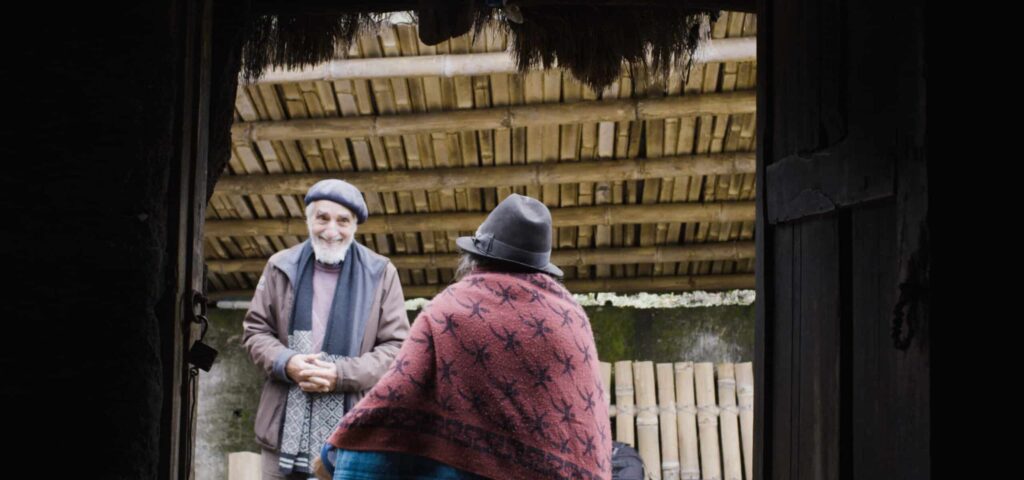
His humble attitude was demonstrated in his recent refusal to use village funds to build a monument in his honor. Instead, he reminded the council all that needed to be fixed in the senior center and advised that the funds for the monument go towards those things instead.
“I am alive,” he told the council. “When I die, do whatever you want. But today, you can look at me.”
Antonio Polo Is a Hero
Antonio has spent 50 years working to make Salinas, Ecuador self-sufficient. Had it not been for him, the town and its resources may still be controlled by the landlords.
Did you miss Cathy Jasso’s Featured Showcase?
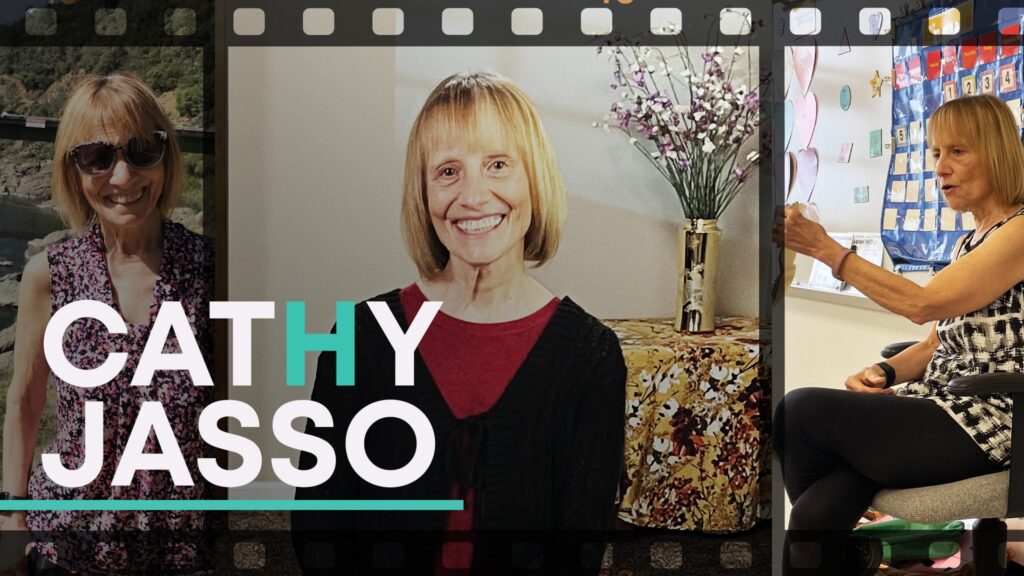
While he has accomplished his personal dreams of becoming a priest and missionary, what matters most to him is that his work has provided the opportunity for thousands of other families to chase their own dreams and live with a sense of security that was not present in Salinas prior to the arrival of Antonio.
Antonio Polo Resources
For more information on Salinerito, please see the following links:
Visit the Website.
Check out the town’s Facebook.
Catch up on their Instagram.